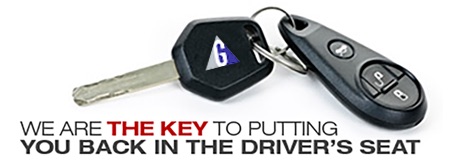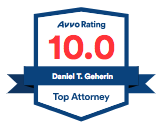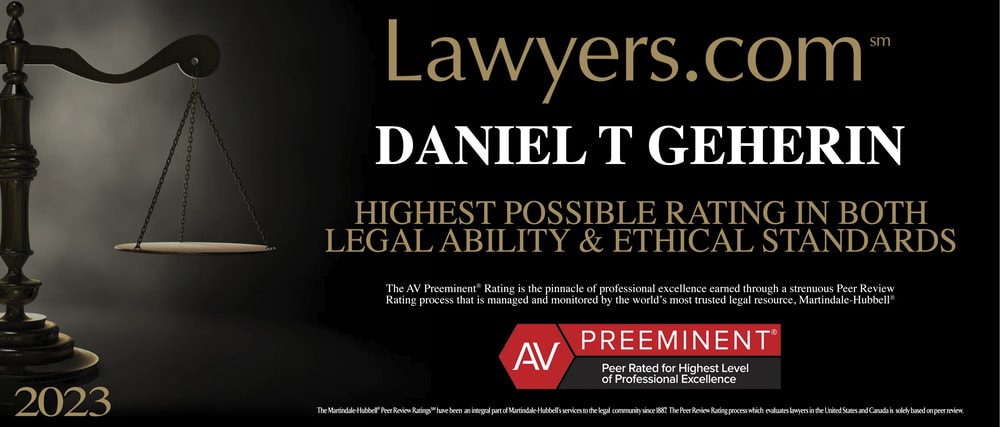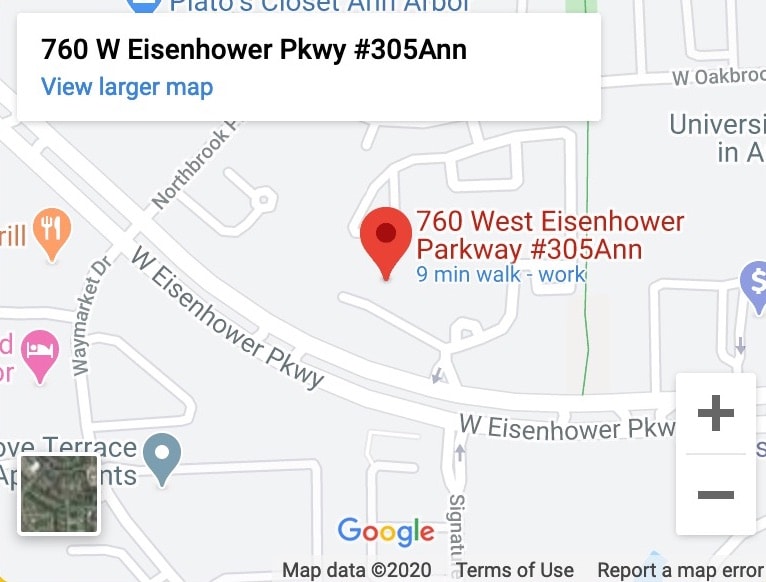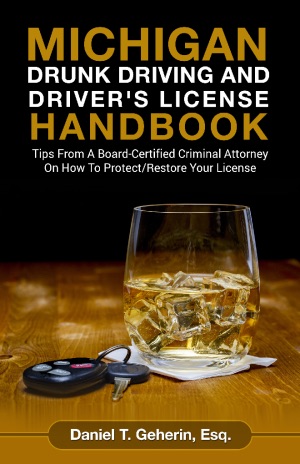The Role of Substance Abuse Evaluations in License Appeals
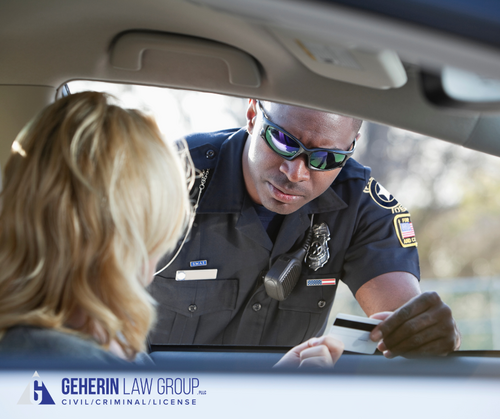
Losing your driving privileges due to alcohol or drug related offenses can have a serious impact on your independence, career, and daily life. For many people seeking driver’s license restoration in Michigan, one of the most important steps is the substance abuse evaluation. This evaluation is a critical step in the license appeal process, and preparing for it can be the difference between success and another year of waiting to reapply.
Why Substance Abuse Evaluations Matter
The Michigan Secretary of State requires a substance abuse evaluation as part of any driver’s license appeal following revocation for alcohol or drug related offenses. This evaluation serves as a professional assessment of your past substance use, current lifestyle, and risk of relapse.
Hearing officers rely on the evaluator’s report to determine whether you’ve taken meaningful steps toward recovery and whether you’re likely to drive safely in the future. A well-prepared and thorough evaluation provides evidence that you’ve addressed the issues that led to your license revocation.
What Evaluators Look For
Substance abuse evaluations are conducted by licensed professionals who use standardized tools and clinical judgment. Most evaluations cover the following:
- Substance Use History: Evaluators will examine your history of alcohol and/or drug use, including frequency, duration, and any patterns of abuse. They’ll also note your last use date, which should be consistent with your documented abstinence.
- Treatment and Recovery Efforts: Evidence of participation in treatment programs, counseling, or support groups such as AA or SMART Recovery is crucial. Evaluators look for signs that you’ve made genuine changes, not just gone through the motions.
- Sobriety Maintenance: Evaluators assess how you maintain sobriety in your daily life. This may include support networks, coping strategies, lifestyle changes, and your ability to avoid high-risk situations.
- Relapse Potential: A key focus is whether you’re at risk of relapsing. Evaluators use clinical tools and your personal history to gauge how likely you are to use again and how you would handle challenges to your sobriety.
- Consistency of Information: The evaluator will compare your statements with prior records, treatment documentation, and any letters of support you provide. Inconsistencies can raise red flags for the hearing officer.
How to Prepare for a Substance Abuse Evaluation
Preparation is essential to ensure your evaluation accurately reflects your progress and commitment to sobriety. Here are a few steps that can help you:
- Document Your Sobriety: Gather records that show your abstinence, such as attendance logs from support meetings, treatment discharge summaries, or letters from sponsors and mentors.
- Be Honest and Consistent: Evaluators can spot exaggerations or contradictions. Be truthful about your history, even if it’s difficult to discuss.
- Reflect on Your Recovery: Be prepared to explain how your life has changed since you stopped using, what you’ve learned from treatment, and what strategies you use to stay sober.
- Know Your Timeline: Make sure your statements about your last use date, treatment, and sobriety milestones align with the evidence you submit.
- Work with an Attorney: An experienced license restoration lawyer can help you prepare for the evaluation, ensuring you understand the questions and what hearing officers are looking for.
Common Pitfalls to Avoid
Even strong candidates can run into problems if they don’t take the evaluation seriously. Some of the most common pitfalls include:
- Minimizing or Denying Past Use: Downplaying the severity of your past substance use can make you seem untruthful or unwilling to accept responsibility.
- Inconsistent Statements: If your evaluation doesn’t match your letters of support or hearing testimony, it can undermine your credibility.
- Failure to Show a Support System: Sobriety is harder to maintain without accountability and support. A lack of documented involvement in a recovery community may hurt your case.
- Poor Preparation: Treating the evaluation like a casual conversation instead of a formal assessment can result in a report that doesn’t fully reflect your recovery journey.
Strengthen Your Case for Driver’s License Restoration in Michigan
The substance abuse evaluation is one of the most critical parts of the license appeal process in Michigan. It’s your opportunity to demonstrate that you’ve taken meaningful steps toward recovery and that you’re committed to safe, sober driving. With preparation, honesty, and the right support, you can present a strong case for driver’s license restoration in Michigan and take the first step toward regaining your independence. Contact us today to get started on building the strongest possible case for getting back on the road!

